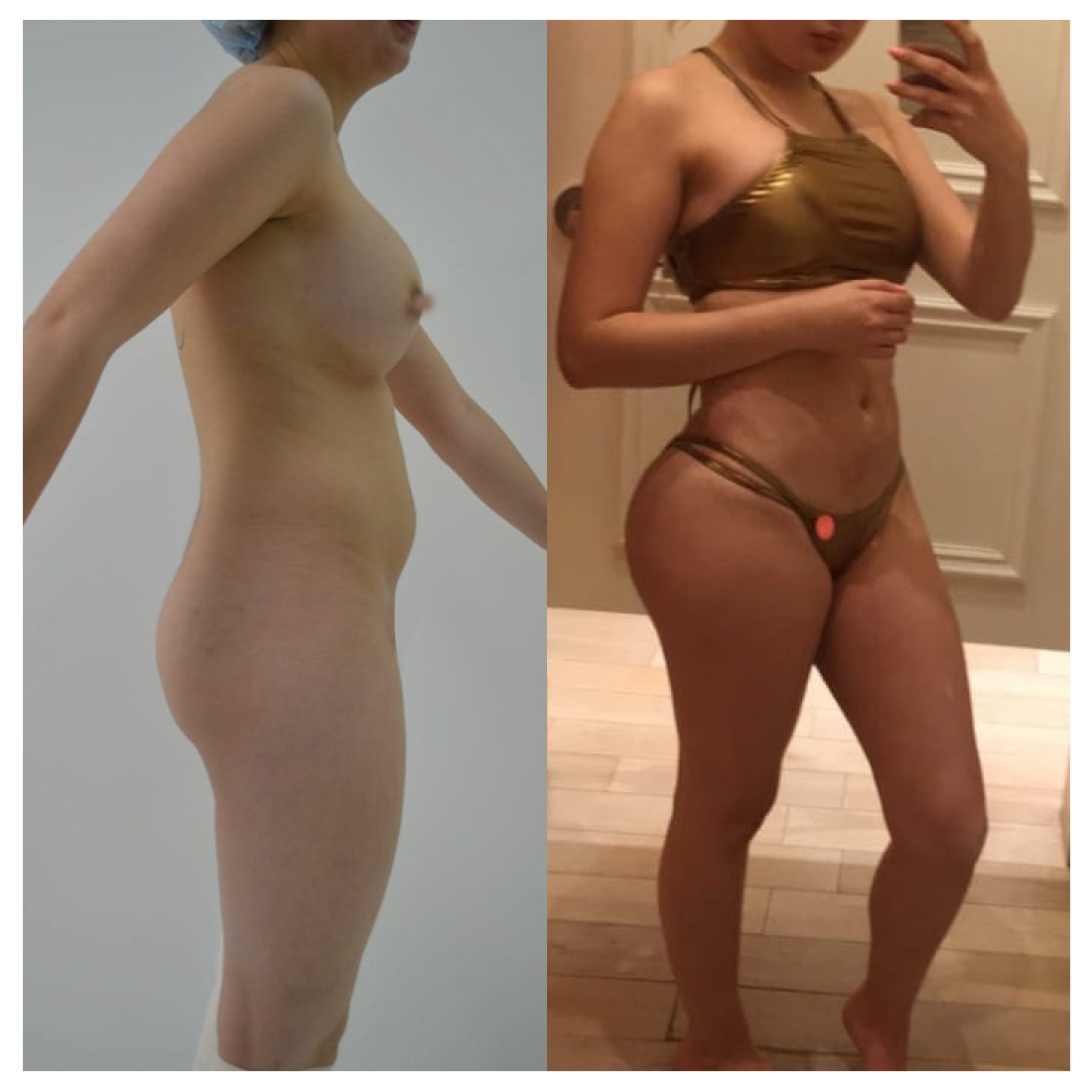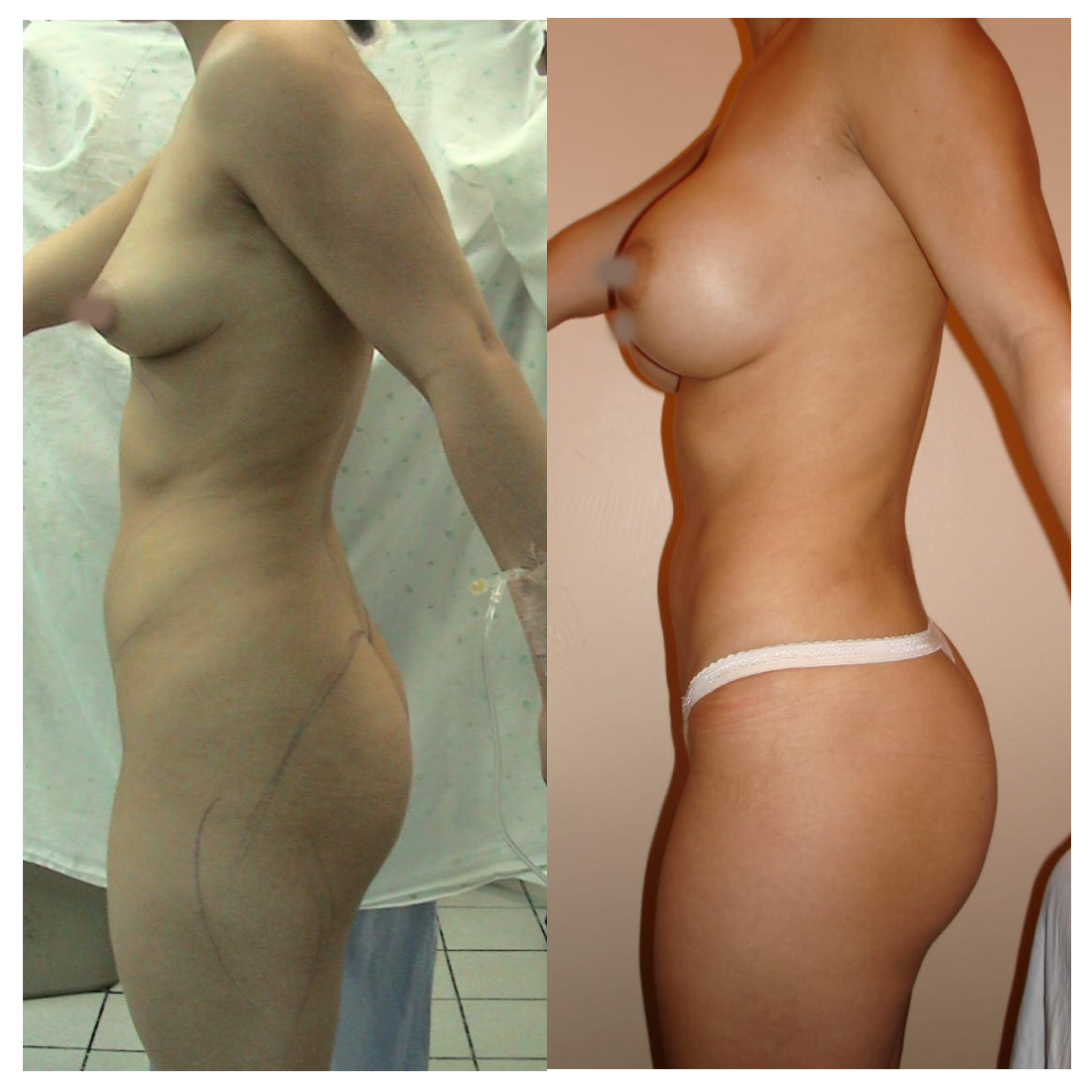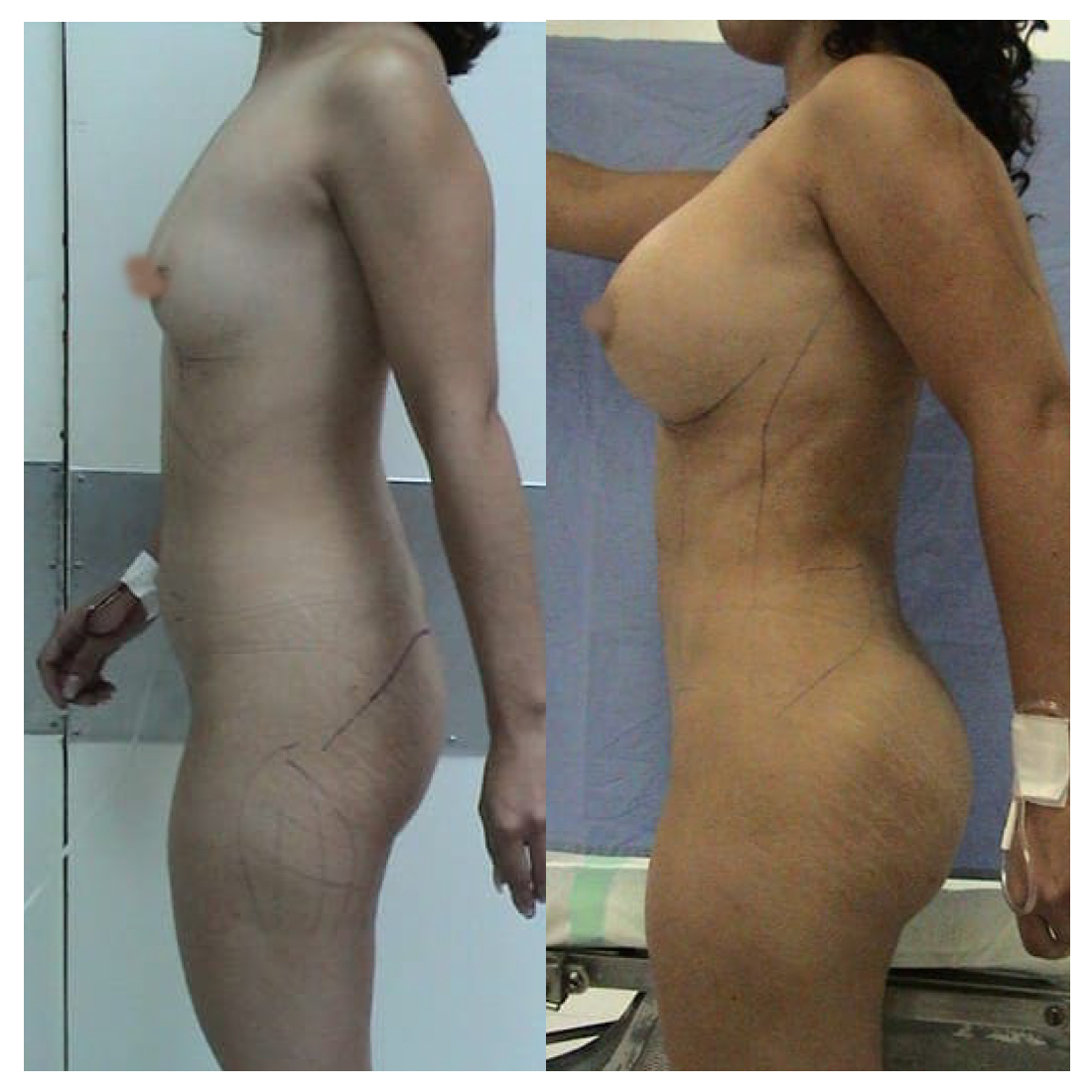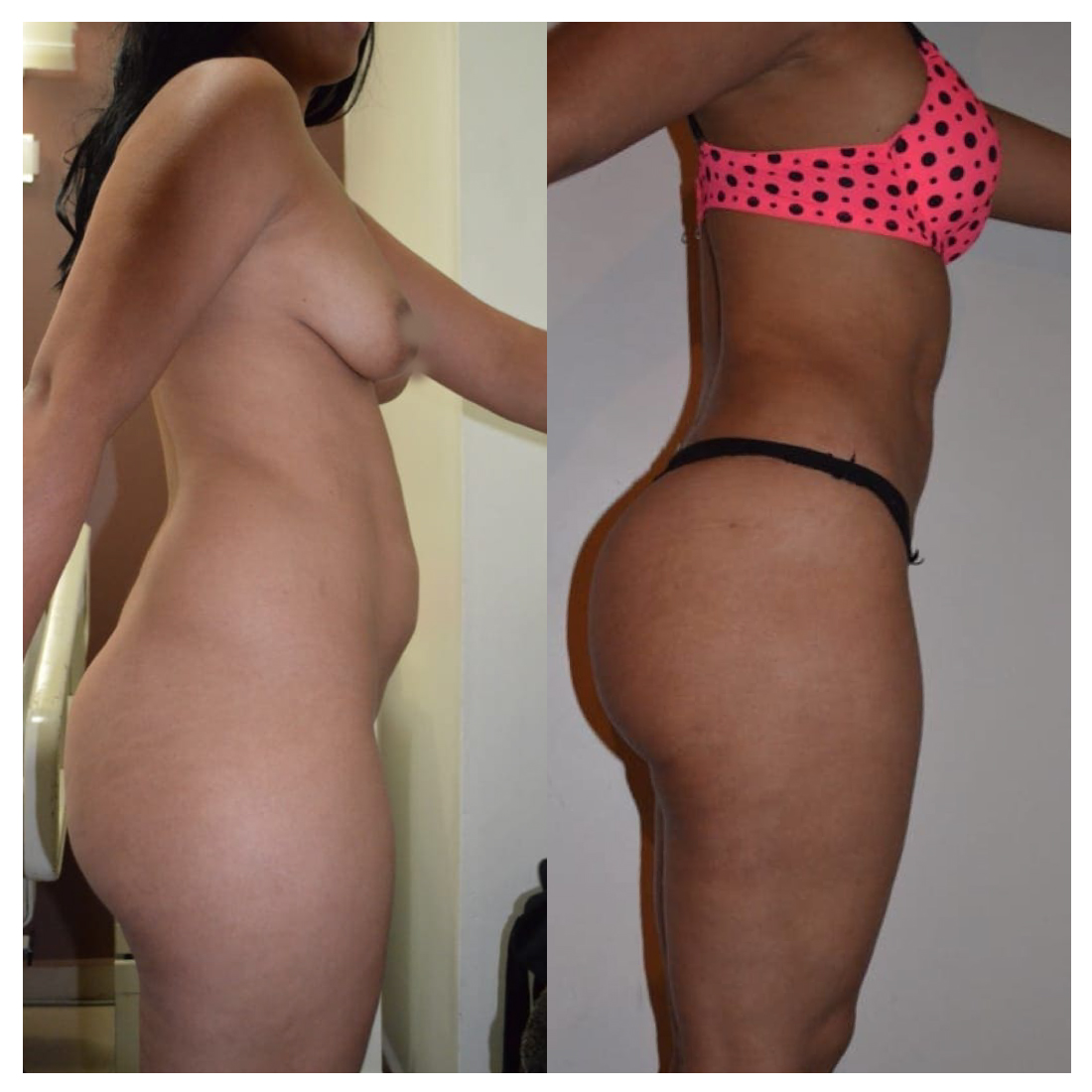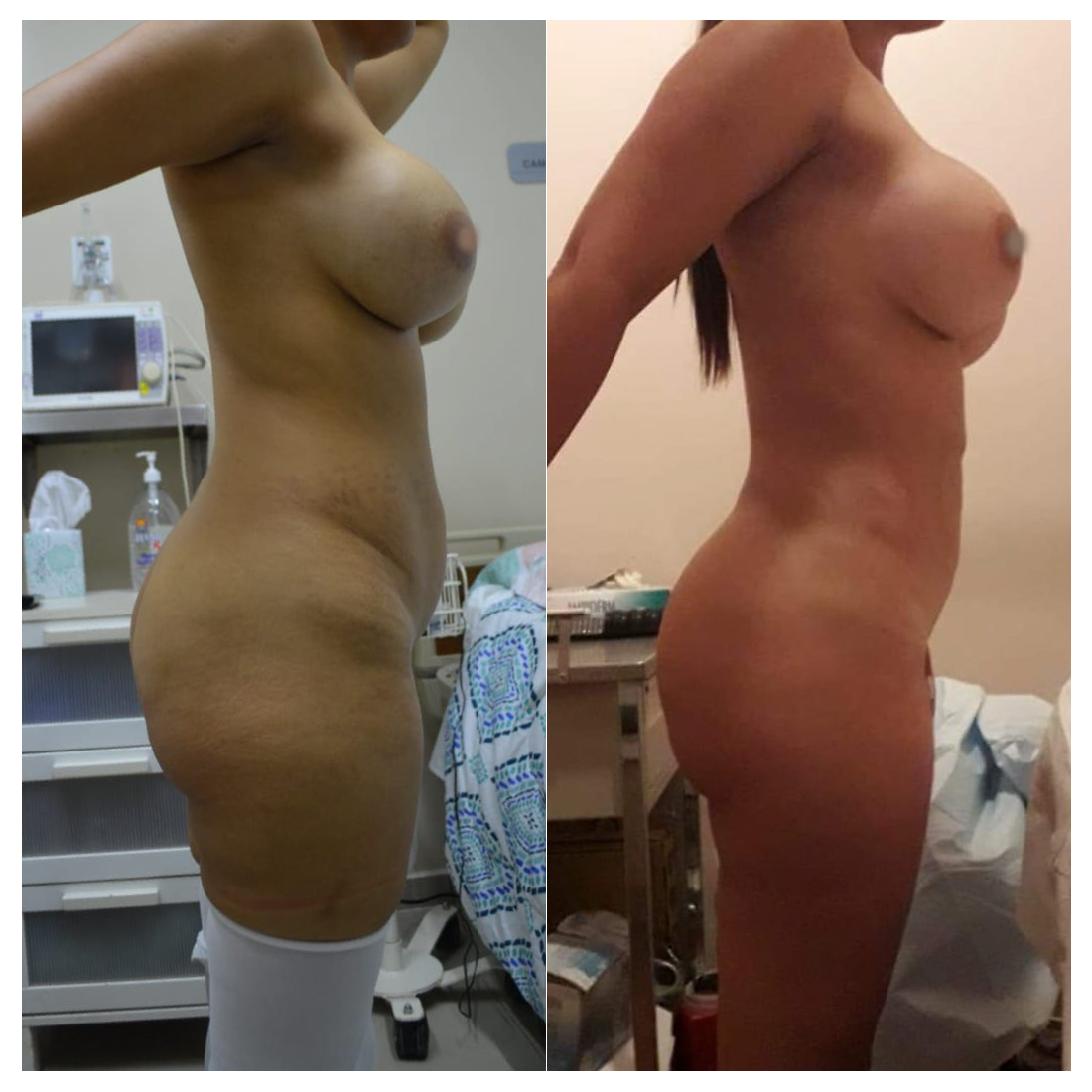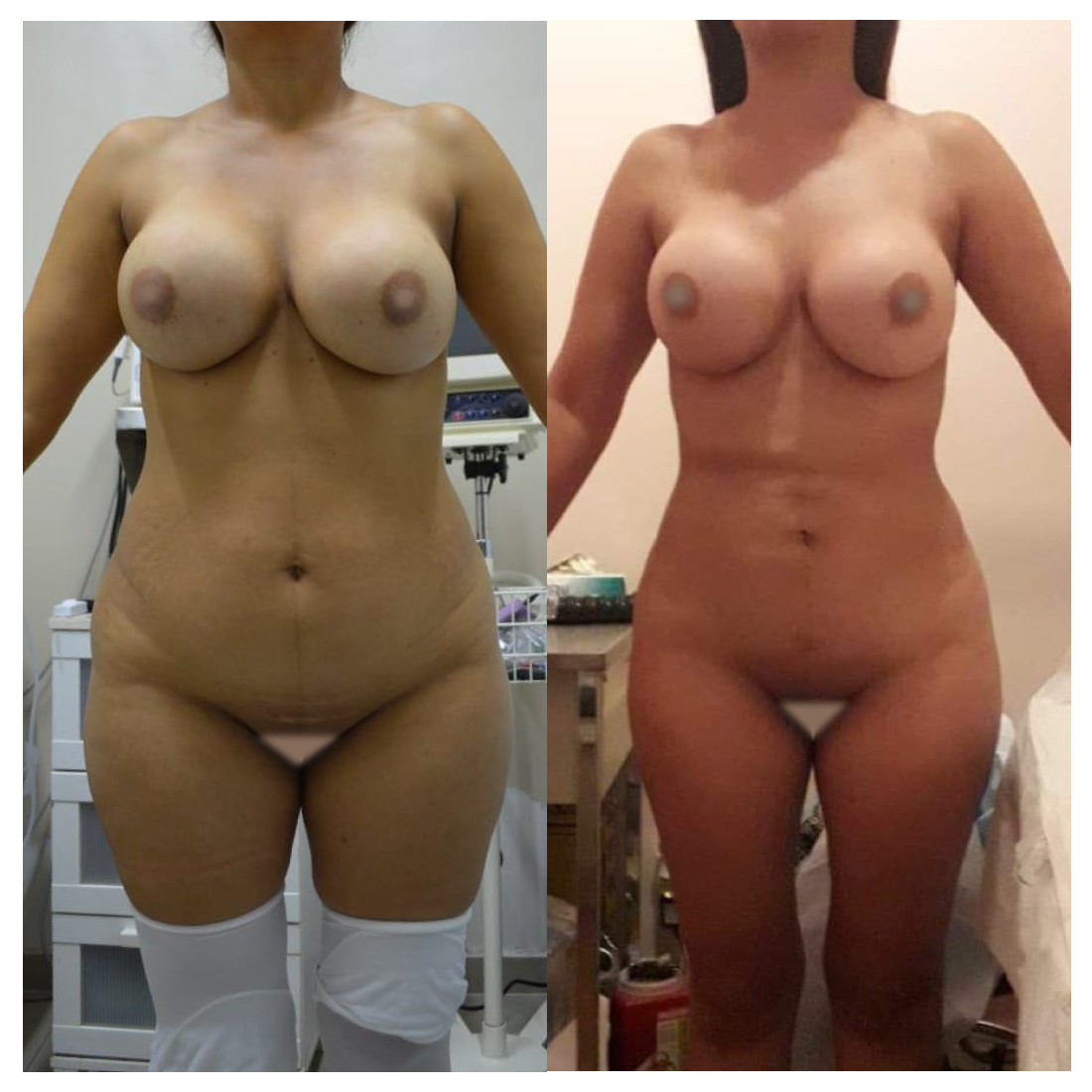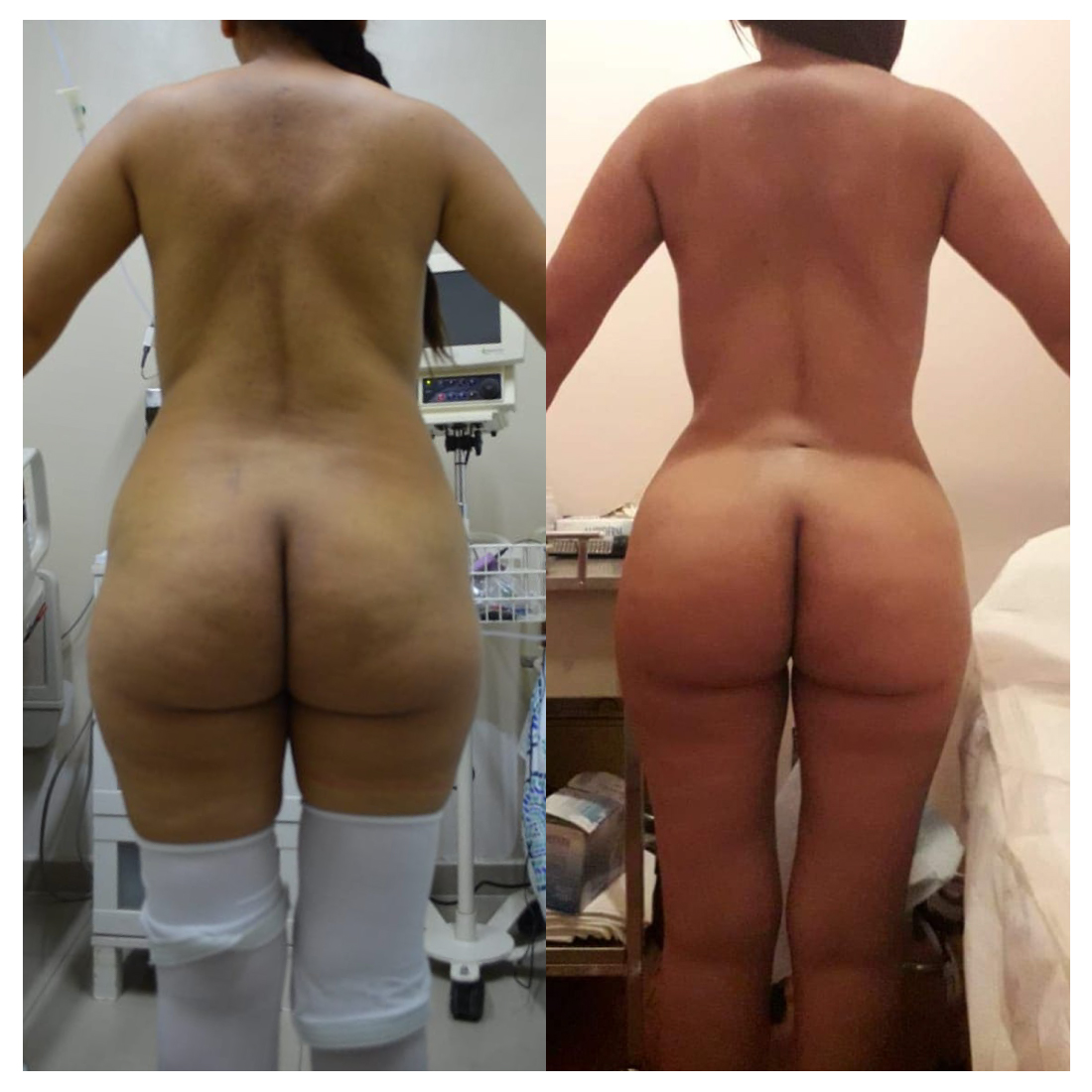
Are You a Good Candidate for Liposuction?
If you are considering liposuction, it is important that you have realistic expectations. Although dramatic results can be achieved, they may not be as immediate or obvious as you would like. As with all plastic surgery, the success of liposuction will depend on a number of individual factors, such as age, skin elasticity, weight, and overall health. Liposuction is not appropriate for people with a weakened immune system, diabetes, heart or artery problems, or a history of blood clots or restricted blood flow. You are a good candidate for liposuction if you are of normal weight; have healthy, elastic skin; and have specific “trouble areas” such as the tummy, thighs, and butt that will not respond to changes in diet and exercise. Liposuction is also appropriate for women who are considering breast reduction, and for men who suffer from gynecomastia, or male breast development.
Areas of the Face and Body Treatable with Liposuction
Liposuction works best for areas of the face and body with stubborn fat deposits resistant to overall weight loss, such as the infamous “love handles.” The thighs, abdomen, buttocks, flanks, hips, upper arms, chin, jowels, and neck generally respond well. Men and women may also choose liposuction to reduce breast size, a procedure that results in less scarring than other types of plastic surgery. Liposuction can be performed consecutively on many different sites; in fact, many patients choose to have several body parts treated during the same day.
The Liposuction Procedure
The basic liposuction procedure involves the insertion of a small, tube-like instrument called a cannula through tiny incisions made by the surgeon. The cannula then breaks up and vacuums away unwanted fat deposits beneath the skin. Local or IV sedation will be used, depending on the type and number of liposuction procedures you undergo. As with any plastic surgery, you should prepare for liposuction carefully and allow yourself plenty of recovery time.
Maintaining Your Figure after Liposuction
Although liposuction does remove a number of existing fat cells, it does not guarantee that you won’t regain some fat. The importance of healthy lifestyle choices post- liposuction cannot be stressed enough; you should stick to a moderate diet and be sure to exercise for at least 30 minutes three to five times per week. Not only will this help you maintain your figure after liposuction, it will also improve your overall health and help prevent the onset of certain diseases. If you are going to treat yourself to liposuction, be sure to treat your body well afterward!
Immediately Following Surgery
After liposuction surgery, there is always some amount of fluid left beneath the skin. If the incisions are stitched shut, the fluid drains less easily and can lead to bruising or swelling. However, if this method is used, you will need to wear an elastic compression garment (which resembles a girdle) to force the blood vessels into absorbing excess fluid. The current “open drainage” technique allows the incisions to stay open after liposuction surgery, and the fluid continues to drain from the area for several days. You will also wear a compression garment during this time to encourage proper draining and to protect your clothing from residual blood and fluid.
